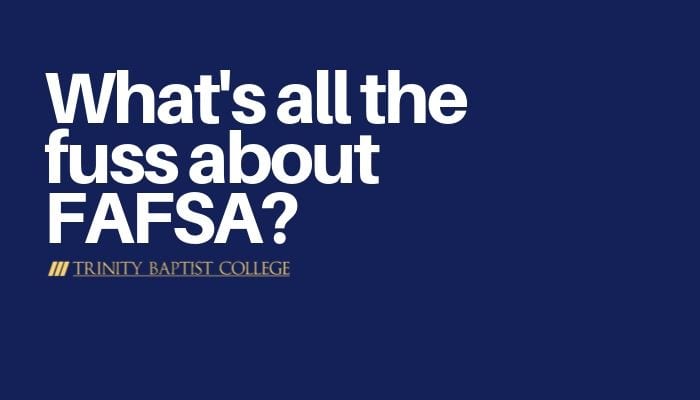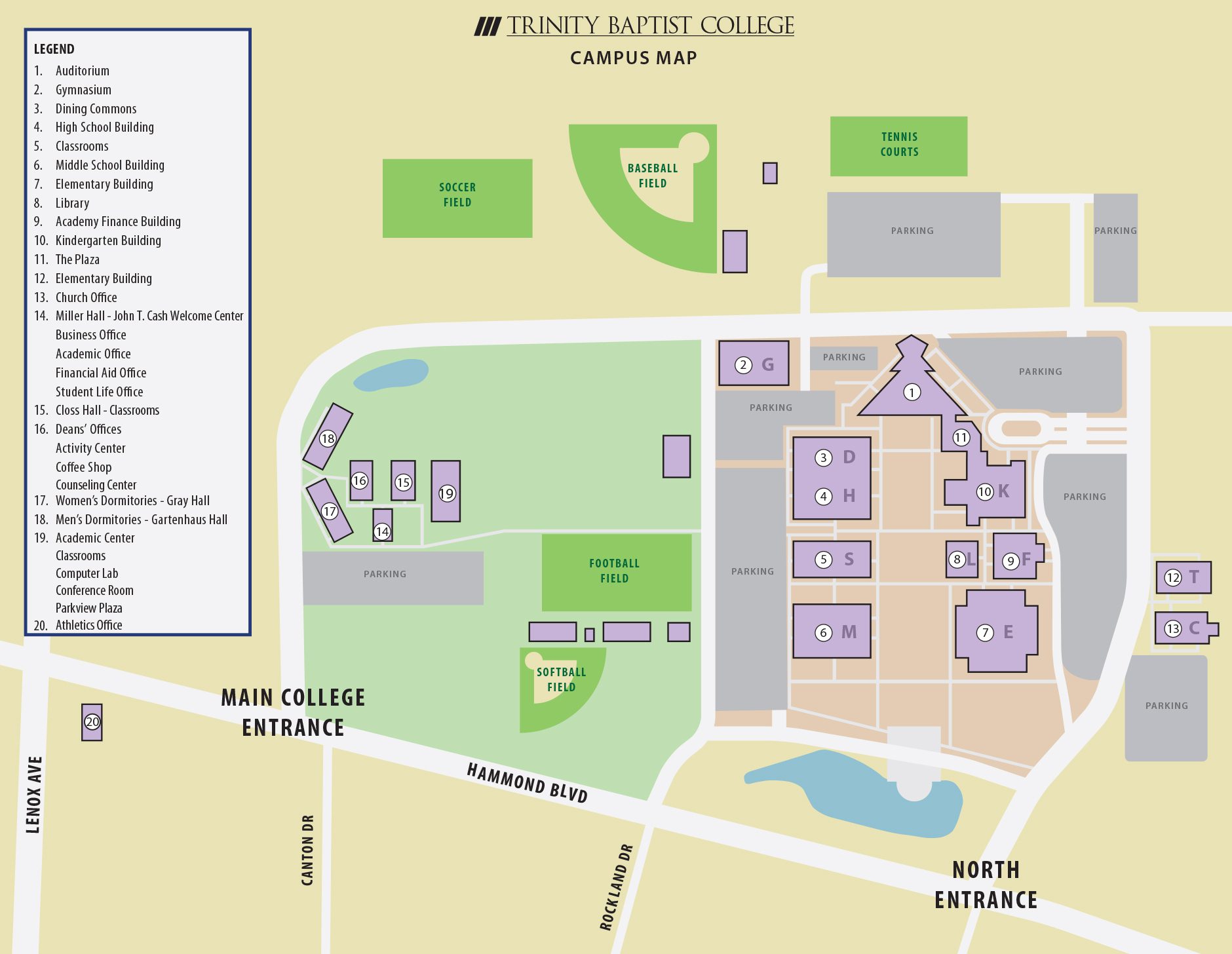What's All The Fuss About FAFSA?

When late October rolls around on the calendar, colleges all over the country start talking about something called the FAFSA. You may have seen it on social media, in emails from colleges, and even through personal conversations with college representatives. If you aren’t familiar with the world of college financial aid, you probably have some questions.
What is the FAFSA?
The short answer: it’s an application form! The acronym FAFSA stands for Free Application for Federal Student Aid. Just as you apply for a summer job or apply for acceptance to college, you also apply for financial aid. Back in the day, you would fill out a paper form. These days, you do it online from your computer or through an app if that sounds more appealing. You answer questions, fill in blanks, and click “submit”.
Why do colleges talk about FAFSA so much this time of year?
Colleges push the FAFSA this time of year for the same reason retail stores push Black Friday deals. Serious shoppers get out there on Black Friday to take advantage of the best deals. They hustle now so they can chill out later.
Similarly, October 1 marks “open season” for applying for state and federal aid for the upcoming academic year. Some aid (not all) is awarded on a first-come-first-served basis, which is the main reason why students are encouraged to submit their FAFSA application as soon as possible! You can get started on your FAFSA here >>> https://studentaid.ed.gov.
What should you have on hand in order to complete your FAFSA?
That question (and several others) are answered in detail on the FAFSA website. Click here to see a list of what you’ll need, where you can find it, and who to ask if you get stuck and need more help! >>> https://studentaid.ed.gov/sa/fafsa/filling-out/help
Who determines how much money is awarded to an individual?
Financial aid representatives do not determine your financial aid award amount. The truth is, he/she has no say in the matter! The Department of Education makes the decision based on the information received through the FAFSA form you submit. Your adviser is available to help facilitate the communication between yourself and the Department of Education as needed. Advisers may also be able to help you find third-party scholarships (not determined by the FAFSA) for which you may qualify.
Please be courteous to your financial aid adviser. They will help in any way they can, but they cannot force additional aid if the qualifications are not met. If your awarded state and/or federal aid is not sufficient to help cover your costs, that does not mean that your adviser dropped the ball. It simply means that it’s time to do research on other means of funding: scholarships!
Here’s a link to another post we shared last year that offers suggestions on who to look for scholarships. We hope it will help to get you started on your search!
Pro tip: don’t wait until you’ve heard back about the FAFSA – start looking for scholarships today! In most cases, you can stack third-party scholarships and FAFSA aid!








Leave a Reply